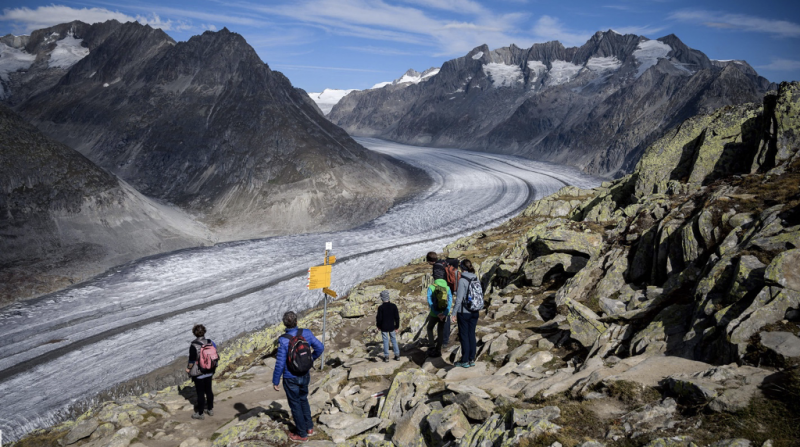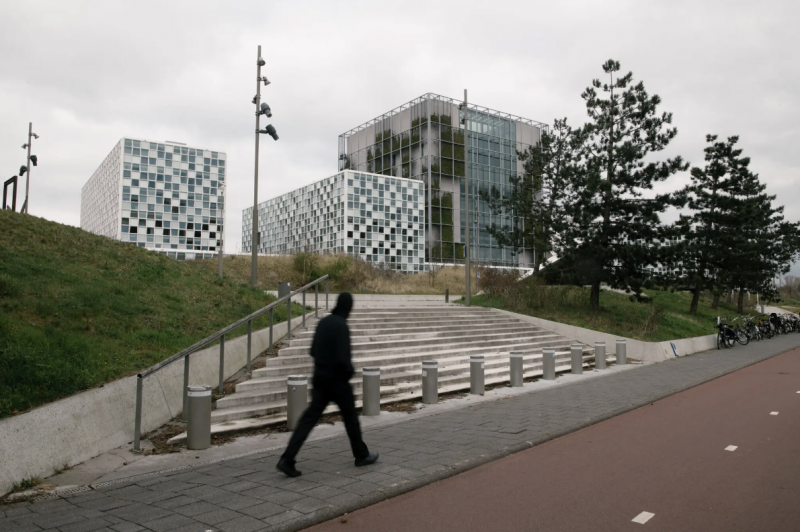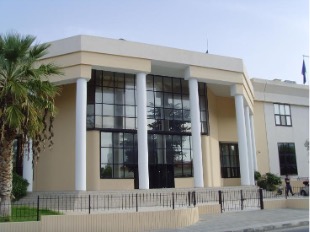By: Patrick Farrell,
Senior Associate Member, Journal of Global Rights and Organizations
STRASBOURG, France – The European Court of Human Rights issued a release on September 12, 2023, announcing its Chamber judgement in the case of Romanov and Others v. Russia (application no. 58358/14). The case concerns Russia’s failure to protect the case applicants (complainants), all members of the LGBTQ+ community from homophobic attacks at a public demonstration. In addition, the case evaluated Russia’s failure to conduct an appropriate investigation into the incidents.
 |
The Court held that Russian authorities failed to take effective measures to prevent and respond to the hate-motivated attacks, which caused physical injury to the complainants. Also, the Court held that Russian authorities failed to take the proper course of action to address the applicants’ complaints in Russian courts and to Russian authorities. Importantly, the Court noted that this appeared to be common, albeit unfortunate, practice for addressing hate crimes against members of the LGBTQ+ community in Russia.
The applicants were a group of eleven Russian nationals, all members of the LGBTQ+ community. Between May 2012 and June 2013, seven of the applicants were attacked by counterdemonstrators while taking part in a specifically authorized LGBTQ+ demonstration in St. Petersburg. The police did not intervene. As a result, many of the applicants suffered serious injuries, including chemical burns, damage to their eyes, and physical assaults with weapons, as well as harassment and verbal abuse. Russian authorities largely dismissed complaints about the incidents without the attackers being identified. Further, Russian authorities, without conducting a determinative investigation, denied that homophobia motivated the violence.
Ultimately, the Court determined unanimously that Russian authorities violated the European Convention on Human Rights on numerous different accounts. Such violations include: a violation of Article 3 (prohibition of inhuman or degrading treatment, read in the light of Article 14 (prohibition of discrimination); a violation of Article 3 (effective investigation) read in the light of Article 14; a violation of Article 11 (freedom of assembly and association) taken alone and read in the light of Article 14; a violation of Article 5 §1 (right to liberty and security); and a violation of Article 11.
For further information, please see:
ECHR – Judgement Concerning Russian Federation – 23 Sep. 2023
European Convention on Human Rights – 1950
ECHR – Judgement Romanov and Others v. Russia – 23 Sep. 2023



